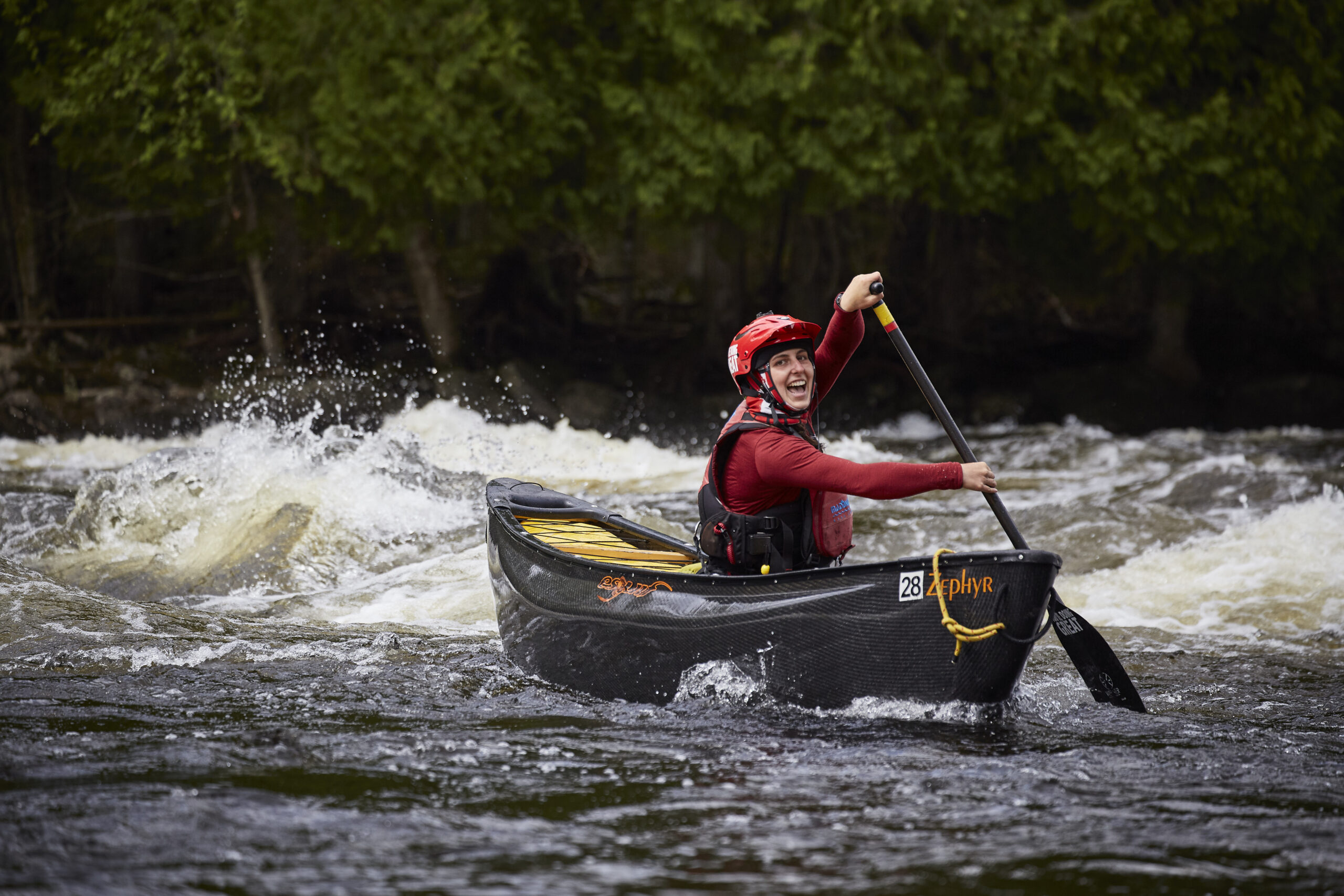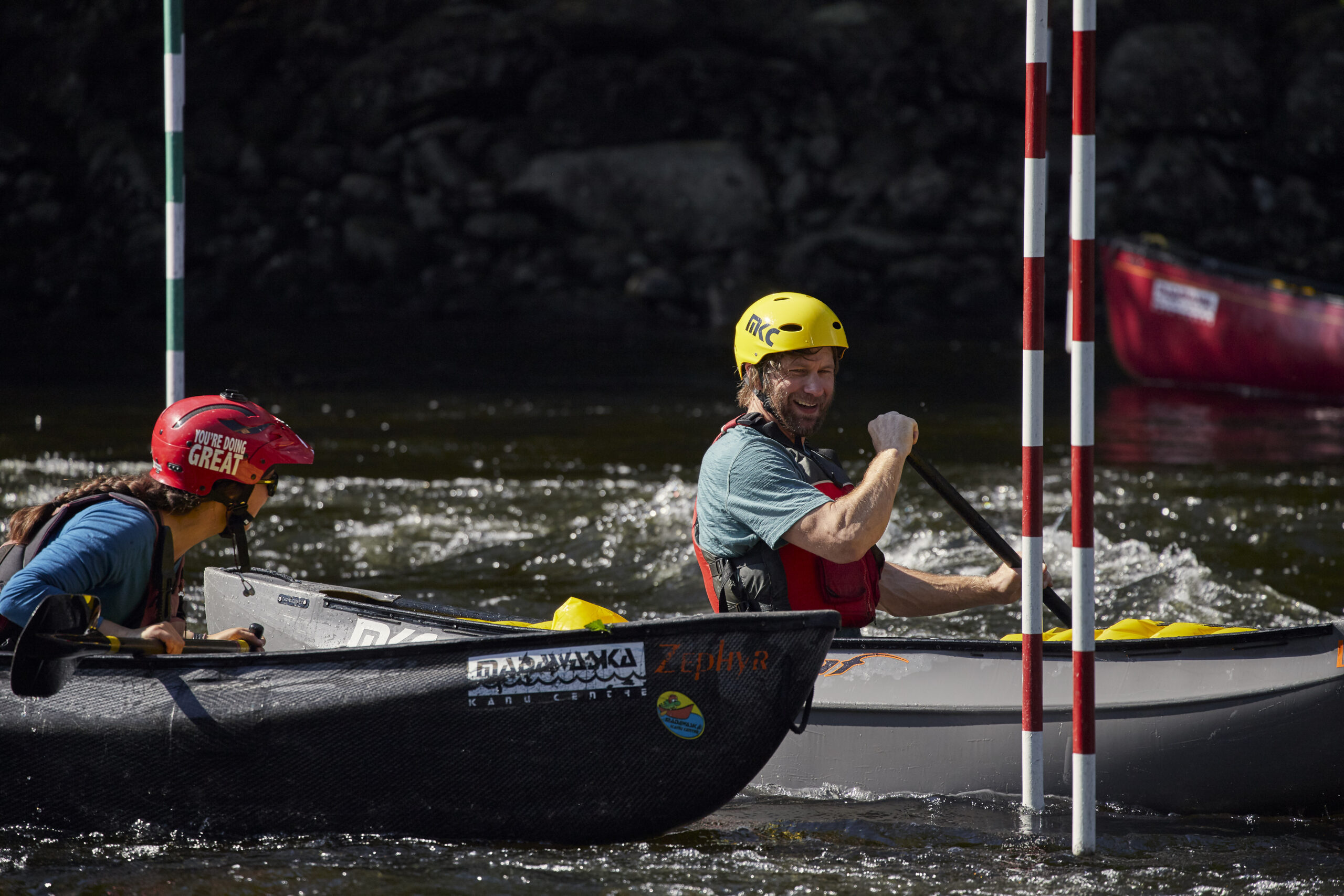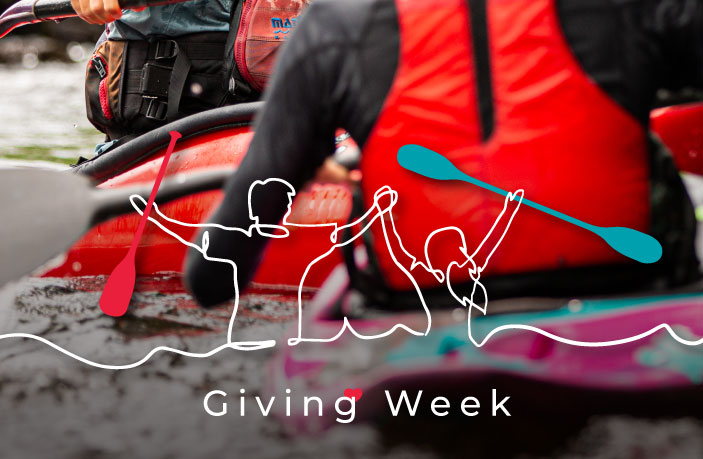I recently had a chance to chat with the lovely Willa Mason, one of our long-time staff here at Madawaska Kanu Centre. She’s been an instructor with us for 6 years, providing quality teaching to all those who have the pleasure of enrolling in one of her courses. Our conversation brought some insight into the paddler lifestyle, the uniqueness of the Madawaska Kanu Centre community, and the importance of ‘bringing something to the table (or the river)’ in a group setting.
I began by asking “What is your favorite thing to bring on a day trip?” She smiled and said, “Snacks to share! I was paddling down a river in Tennessee and ran into a kayaker I look up to. He was having a rough day. It was snowy, cold, and he had just flipped over. He is normally an upbeat person that has everybody’s back, but that day he didn’t have his usual smile. I pulled up beside him and opened my life jacket pocket, gave him some chocolate covered coffee beans, and then BOOM, he snapped back to life! If anyone is feeling a bit nervous or too tense, I always give them snacks to remind them that we’re all here for fun. This can be for safety reasons as well; low blood sugar can be a risky factor if a paddler stays out longer than intended.” Now, this is the epitome of ––– sharing is caring!
We shifted gears and spoke about whether Willa felt pressure from competition amongst whitewater paddlers. She explained, “I wouldn’t say it’s competitive, however, it can get intense, either because someone wants to challenge themselves, which can lead to tough decision making, or they’re not having the day they envisioned. Paddlers share mentality & values, but these similarities end when it comes to approach. Some like to continuously push themselves, while others are motivated by spending time in the outdoors with their friends and family. Whitewater rivers host an array of challenges and opportunities for paddlers, and what I love most about this sport is that there’s space in the community for everyone, wherever you may fall on the approach spectrum. In Canada, we are especially lucky to have a large choice of rivers with varying features, and a passionate community that’s spread out across the country.” Her assurance of being welcomed into the community regardless of experience is what makes whitewater paddling so special. Learning at your own pace and approaching the river however you wish is welcomed and normal. It’s more of a solo journey that you venture on with like-minded crews of people.
When Willa is on the river, she has more of a technical approach; her movement execution dictates her sense of accomplishment. She shared, “My personal preference is to challenge my technical side, and not my ‘risk-tolerance’ or ‘fear- conquering’ abilities. It’s not about running intimidating rapids and pushing through fear, it’s about executing the physical movements that are required to run a rapid. This execution is what makes or breaks a rapid for me.”
Speaking of techniques, her favorite canoeing maneuver on the river is the Jet Ferry! Have you tried it? According to Willa, it will make your experience a lot more free-flowing and intuitive on the river; “the concept of the Jet Ferry is that you use a wave to funnel your boat laterally across the river. It feels cool when you’re doing it because you’re using a feature to propel you faster than that amount of physical exertion normally would. This maneuver highlights one of the most important aspects of canoeing: when you work with the river and learn from it, your journey becomes a lot simpler. My favorite ‘aha’ moment is when my students figure out that you can’t just focus on yourself, you must focus on the unique features of the river. This is the biggest distinction between beginner and advanced whitewater canoeists.”
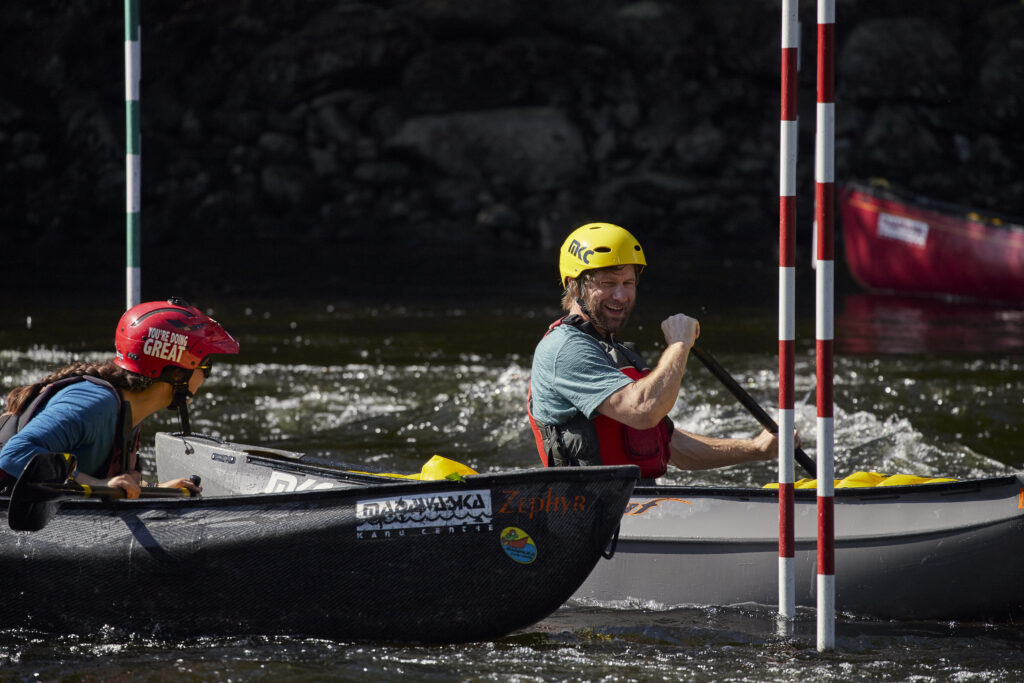
Willa then shares that she is also a 911 dispatcher. She explained, “When I started as an ambulance dispatcher, the feeling of answering the phone was very similar to the feeling of running a rapid; you pick up the phone and you don’t know what you’re getting yourself into. Sometimes it runs smoothly, and you have all the time in the world, while other calls are intense, and you must make split-second, life-altering decisions. When you hang up the phone, your first thought is, “I made it out and I reacted well.” Whether you are picking up the phone or running rapid, you must trust your instincts and knowledge.”
With an increasing amount of time being spent on land these days, she makes a concerted effort to get on the water as an instructor at Madawaska Kanu Centre in the summers. We asked her about what she likes most about this role and she told us that, “as an instructor, you’re present for a student’s entire journey; the good and bad. You celebrate them as they challenge themselves and conquer their fears. It can be an emotional week of growth, so you really get to know everyone on a higher level than if you had simply met them for a coffee.” The same sentiment goes for the staff as well. “The number one thing is the community. I have formed strong connections with both the staff and students. Madawaska Kanu Centre is set up such that it encourages getting to know people through communal dining, campfires & group activities.”
I then inquired, “Do these connections help Madawaska Kanu Centre cultivate a positive team environment?” She replied, “Ever since 1972, when Madawaska Kanu Centre was founded, they’ve had good systems in place. Today, the culture can be accredited to Stefi’s positive and judgment-free attitude towards staff and students. The culture amongst the staff team either rubs off on or attracts like-minded guests. Even with canceled course dates due to the pandemic, there was still so much compassion and gratitude. Staff and students alike were just grateful to be there. Additionally, the Madawaska Kanu Centre leadership team has a critical eye towards the business and is always trying to figure out what they can improve. I love that Stefi and Greg are so open and receptive to feedback about the resort.”
I had to inquire about her future plans before we went our separate ways, she grinned and answered, “My main goal for the next two years is to focus on personal trips with my friends. After guiding the Petawawa River so many times, it was cool paddling it for fun and seeing it from a different perspective. Other focuses for the near future are getting out on local rivers and continuing to teach instructor courses!”
We are so looking forward to having you here again soon Willa! We love you!
>>> Look out for part 2!
